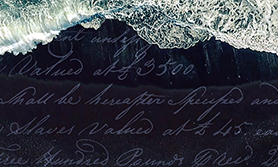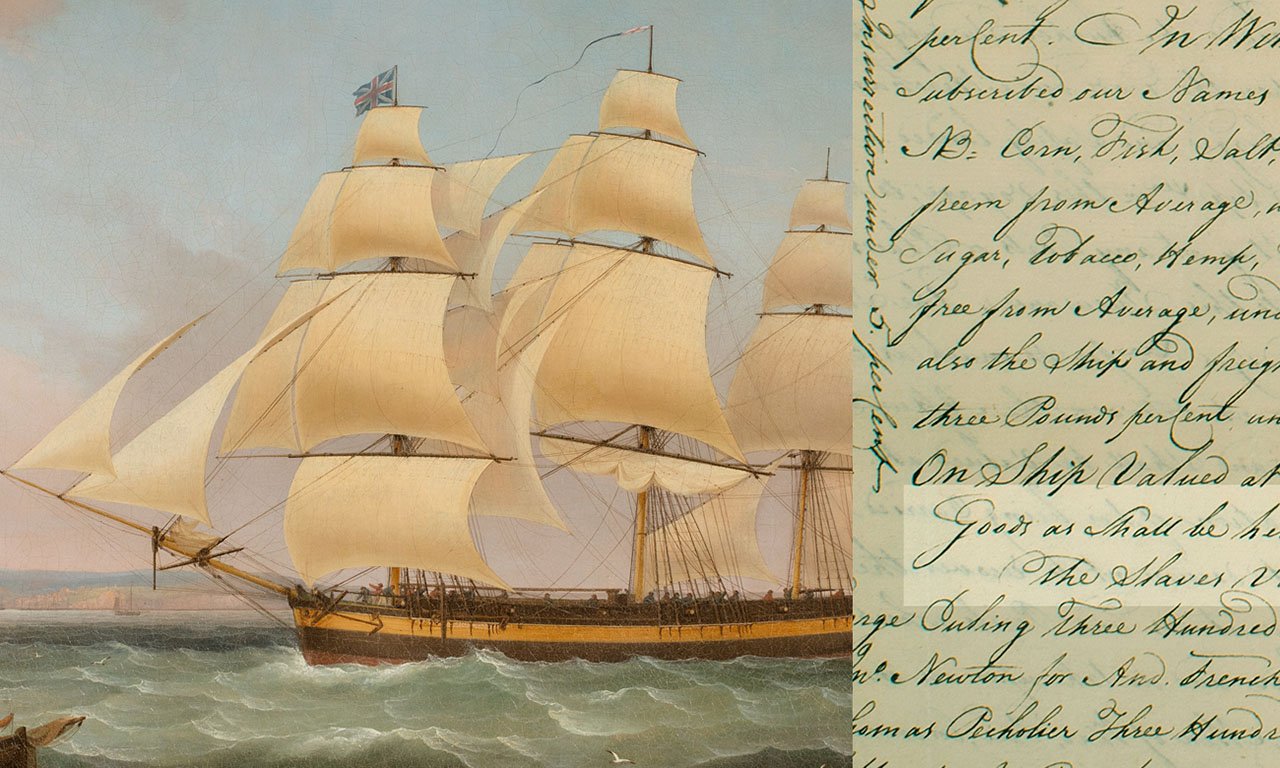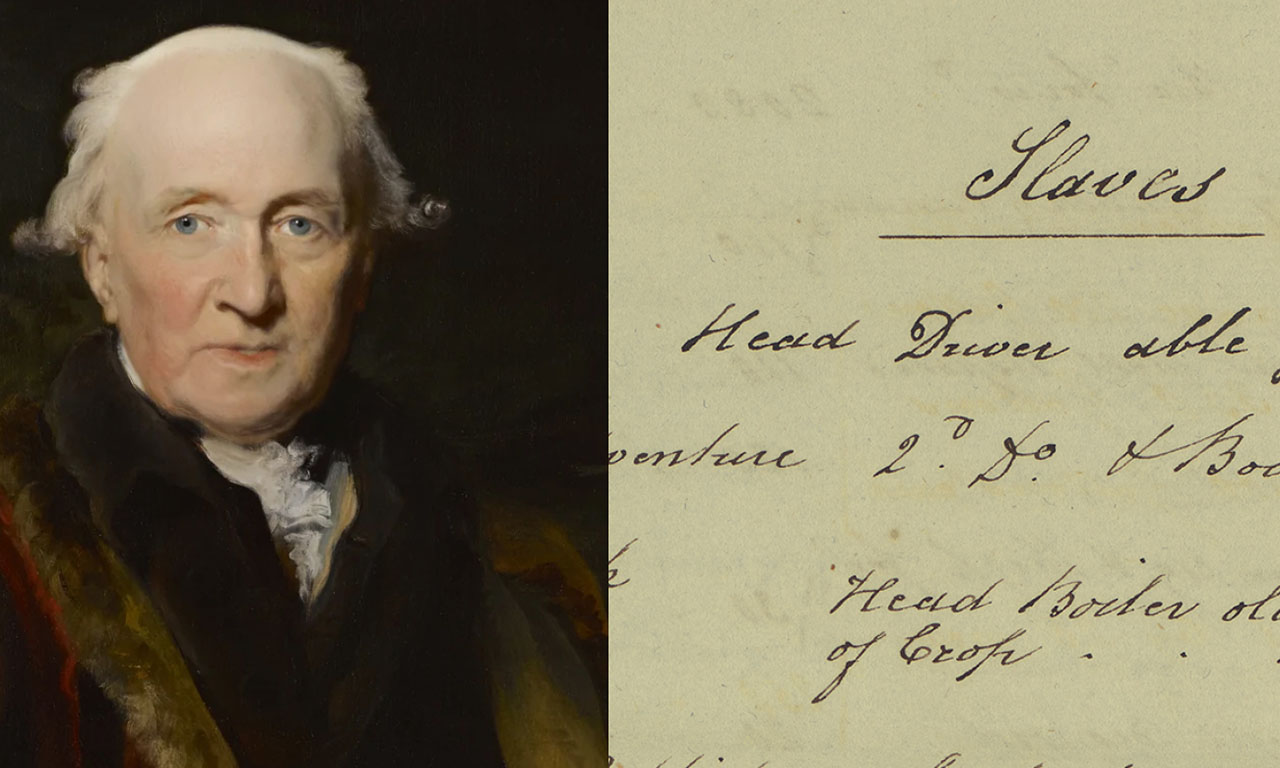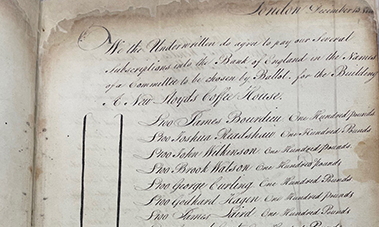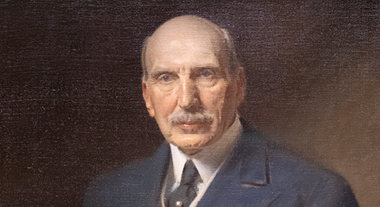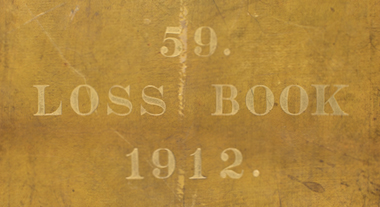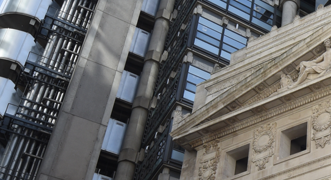From 1640 to the early 19th century, an estimated 3.2 million enslaved African people were transported by Britain’s vast shipping industry. Lloyd’s was the global centre for insuring that industry.
We are deeply sorry for the Lloyd’s market’s participation in the transatlantic slave trade. It is part of our shared history that caused enormous suffering and continues to have a negative impact on Black and ethnically diverse communities today.




